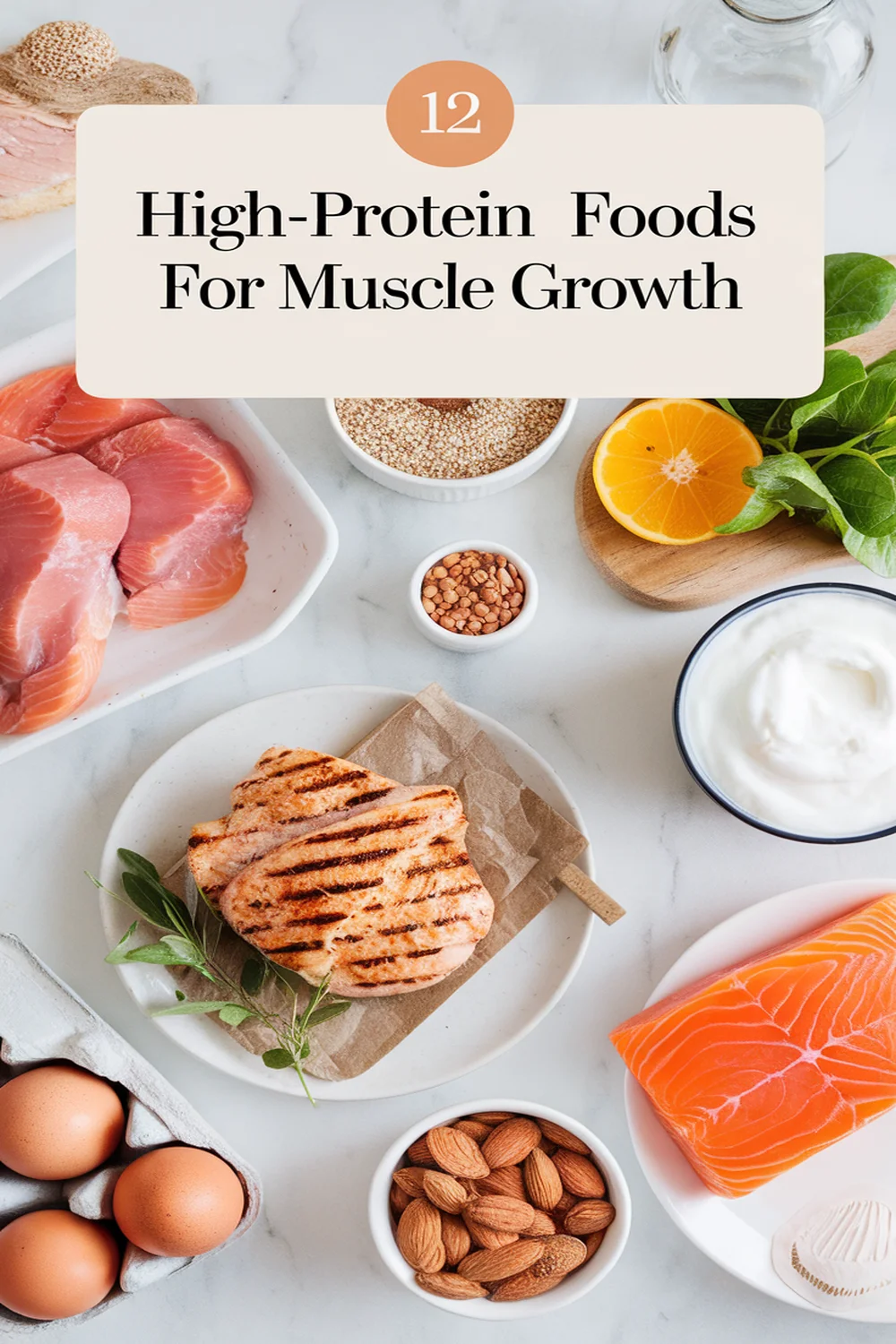To keep your joints strong, stay hydrated by drinking plenty of water daily. Incorporate omega-3 fatty acids found in fish and nuts into your diet, and maintain a healthy weight to reduce joint stress. Engage in regular exercise, focusing on low-impact activities, and practice stretching for flexibility. Utilize hot and cold therapy for pain relief. Finally, listen to your body and seek professional guidance for personalized strategies. There’s much more you can do to support your joint health.
Stay Hydrated
Staying hydrated is essential for maintaining strong joints; in fact, up to 60% of your body is made up of water. When you’re well-hydrated, your cartilage, which cushions your joints, absorbs necessary nutrients more effectively, reducing friction during movement. This hydration helps maintain the synovial fluid that lubricates your joints, making it easier for you to move without pain. The general recommendation is to drink at least eight 8-ounce glasses of water daily, but you may need more based on your activity level and climate. Remember that other fluids, herbal teas, and even foods like fruits and vegetables can contribute to your hydration. By prioritizing water intake, you’re actively supporting joint health and reducing the risk of stiffness and discomfort.
Recommended Items
Here are our recommended health and wellness essentials—feel free to explore!
Incorporate Omega-3 Fatty Acids
Incorporating omega-3 fatty acids into your diet can greatly benefit your joint health. These essential fats are known for their anti-inflammatory properties, which can help reduce joint pain and stiffness. Foods rich in omega-3s, like fatty fish (salmon, mackerel), walnuts, and flaxseeds, can promote lubrication in your joints and improve overall mobility.
Research shows that omega-3s can slow down the progression of rheumatoid arthritis and ease symptoms in osteoarthritis. Aim for at least two servings of fatty fish a week, or consider a high-quality fish oil supplement if you’re not a fan of fish. By making these dietary changes, you’re taking proactive steps towards healthier, stronger joints, and enhancing your overall quality of life.
Maintain a Healthy Weight
Maintaining a healthy weight is essential for preserving joint health, as excess body weight places additional stress on your joints, particularly those in the lower body, like the knees and hips. Studies show that even modest weight loss can considerably reduce joint pain and improve mobility.
Here are some benefits of maintaining a healthy weight:
| Benefit | Description | Impact on Joints |
|---|---|---|
| Reduced Stress | Less weight means less pressure on joints. | Decreases wear and tear. |
| Improved Mobility | Easing joint strain enhances movement. | Increases flexibility and agility. |
| Lower Inflammation | Healthy weight can reduce inflammatory markers. | Promotes joint health overall. |
Engage in Regular Exercise
Engaging in regular exercise is one of the most effective ways to support your joint health, as it strengthens the muscles surrounding the joints and improves overall flexibility. It’s crucial to choose activities that work for you and your lifestyle. Consider incorporating the following into your routine:
- Low-impact cardio: Activities like swimming or cycling can boost your heart health and protect your joints from excessive strain.
- Strength training: Resistance exercises help build the muscles around your joints, providing vital support and stability.
- Balance exercises: Practicing balance can enhance coordination and prevent falls, which can lead to joint injuries.
Aim for at least 150 minutes of moderate exercise weekly to keep your joints strong and healthy!
Practice Stretching and Flexibility Techniques
Practicing regular stretching and flexibility techniques is essential for keeping your joints nimble and reducing stiffness. Incorporating these practices into your routine can enhance range of motion and prevent injuries. Try setting aside time daily for activities like yoga or simple stretching exercises. Not only will this keep your joints strong, but it’ll also improve overall mobility.
| Stretching Technique | Benefits | Frequency |
|---|---|---|
| Static Stretching | Enhances flexibility | 3-4 times/week |
| Dynamic Stretching | Prepares muscles for activity | Before workouts |
| Active Stretching | Engages muscles more fully | 2-3 times/week |
| Ballistic Stretching | Increases range of motion | Caution advised |
| PNF Stretching | Boosts flexibility further | 1-2 times/week |
Make stretching a priority for your joint health!
Include Antioxidant-Rich Foods
Incorporating antioxidant-rich foods into your diet can greatly boost joint health and combat inflammation. Antioxidants help neutralize free radicals that can damage tissues in your joints. By making simple changes to your meals, you can enhance your joint strength and overall well-being. Here are three antioxidant-rich foods to include:
- Berries: Blueberries, strawberries, and raspberries are packed with antioxidants that reduce inflammation.
- Leafy Greens: Spinach, kale, and Swiss chard contain vitamins and minerals that support joint health and keep inflammation at bay.
- Nuts: Walnuts and almonds provide healthy fats and antioxidants that nourish your joints.
Adding these foods to your diet can promote longevity and comfort in your joints, helping you stay active and resilient.
Opt for Low-Impact Activities
Choosing low-impact activities is a smart way to keep your joints strong and your body active without excessive strain. Engaging in exercises like swimming, cycling, and walking can notably reduce stress on your joints while still providing the benefits of physical activity. Research shows that low-impact workouts enhance flexibility, strength, and coordination, all of which support joint health. These activities boost blood circulation, which helps deliver nutrients to your cartilage, keeping it healthy. Plus, they can prevent the wear and tear associated with high-impact exercises. If you’re looking to stay fit, consider incorporating low-impact options into your routine. Your joints will thank you, and you’ll enjoy a sustainable and enjoyable fitness journey.
Use Proper Posture
Maintaining proper posture is essential for joint health and overall physical well-being. When you slouch or hunch, you’re putting unnecessary strain on your joints, leading to pain and stiffness. By focusing on good posture, you can mitigate these issues and keep your joints strong. Here are three key tips to help you maintain proper posture:
- Sit Up Straight: Keep your back straight and shoulders relaxed when sitting. Your feet should rest flat on the ground.
- Align Your Head: Your ears should line up with your shoulders. Avoid jutting your chin forward when using screens.
- Strengthen Core Muscles: A strong core supports your spine and promotes balanced posture, reducing the risk of joint strain.
Embrace these habits for better joint health!
Get Enough Sleep
Proper posture not only supports your joints but also sets the stage for restful sleep, which greatly impacts your joint health. When you get enough sleep, your body gets the chance to repair and rejuvenate tissues, including those in your joints. Lack of sleep can increase inflammation and discomfort, making it harder for you to move comfortably. Aim for 7-9 hours of quality sleep each night. Create a bedtime routine that encourages relaxation, like minimizing screen time and keeping your bedroom dark and cool. Consistent sleep patterns help regulate your body’s natural rhythms, reducing stress and promoting better joint function. Prioritize sleep, and you’ll notice improved energy levels, mood, and joint resilience over time. Your joints will thank you!
Consider Turmeric and Ginger
Incorporating turmeric and ginger into your diet can be a game-changer for joint health, especially when you consider their powerful anti-inflammatory properties. These two spices not only enhance flavor but also offer remarkable health benefits. Here are three reasons to include them:
- Curcumin in Turmeric: This active compound has been shown to reduce joint pain and stiffness by inhibiting inflammatory cytokines.
- Gingerol in Ginger: Contains potent antioxidants, which may help alleviate swelling in joints and improve overall mobility.
- Complementary Effects: Together, they create a robust anti-inflammatory effect, making them a perfect duo for combating joint discomfort.
Adding these natural ingredients to your meals can considerably support your joint health and improve your quality of life.
Limit Processed Foods and Sugars
While adding turmeric and ginger to your diet can greatly enhance joint health, paying attention to what you’re not eating is just as important. Limiting processed foods and sugars can make a significant difference in how your joints feel. These foods often contain unhealthy fats and additives that can trigger inflammation, leading to joint pain and stiffness. For instance, high sugar intake can exacerbate inflammatory markers in the body. Instead, focus on whole, nutrient-dense foods that provide essential vitamins and antioxidants. Think fresh fruits, vegetables, lean proteins, and healthy fats. By reducing processed items and sugary snacks, you’ll support your overall joint health and promote a more active lifestyle. Keeping it simple can yield powerful results for your joints.
Enhance Bone Health With Calcium and Vitamin D
To keep your joints healthy and strong, enhancing your bone health with calcium and vitamin D is essential. These nutrients work together to support bone density and prevent injuries. Here’s how you can boost your intake:
- Dairy Products: Incorporate milk, yogurt, and cheese into your diet. They’re rich in calcium and crucial for strong bones.
- Fatty Fish: Salmon and mackerel provide not just omega-3 fatty acids but also vitamin D, which helps your body absorb calcium effectively.
- Sunlight Exposure: Spend some time outdoors. Just 10-30 minutes of sunlight a few times a week can help your body produce vitamin D naturally.
Action Steps for Joint Health
Utilize Hot and Cold Therapy
Strong bones are just one part of maintaining joint health; managing pain and inflammation is equally important. Utilizing hot and cold therapy can be an effective way to soothe discomfort and improve mobility. Heat helps to relax muscles and increase blood flow, making it great for stiffness before activity. You can use a heating pad or take a warm bath to achieve this effect. On the other hand, cold therapy numbs sharp pain and reduces swelling, particularly after physical activity. Ice packs or cold compresses can alleviate inflammation in just 15-20 minutes. Switching between heat and cold can give you the best of both worlds, providing relief and enhancing circulation. Incorporate this simple method into your routine for stronger, healthier joints.
Listen to Your Body
Listening to your body is crucial for maintaining joint health, as it helps you identify when to push yourself and when to rest. Your joints need balance, and being attuned to your body’s signals can prevent injury and promote longevity.
Here are three key aspects to take into account:
- Pay Attention to Pain: If you experience pain during activity, it’s a sign to pause, reassess, and adjust your movements.
- Recognize Fatigue: Feeling overly tired may indicate that your joints need a break. Respect the need for rest to avoid strain.
- Monitor Swelling: If your joints swell, it’s important to listen and reduce activity, allowing your body to heal.
Seek Professional Guidance for Pain Management
When joint pain becomes a regular part of your life, seeking professional guidance is essential for effective pain management. Health professionals can provide personalized treatment plans, ensuring you get the support you need. Physical therapists, chiropractors, and pain management specialists can offer invaluable advice tailored to your situation.
Here’s a quick overview of what to examine:
| Professional | Focus Area |
|---|---|
| Physical Therapist | Strengthening exercises |
| Chiropractor | Spinal alignment |
| Pain Specialist | Medication options |
| Nutritionist | Joint-friendly diets |
| Fitness Trainer | Safe activity planning |
Engaging with these experts helps you explore natural remedies and sustainable practices, empowering you to manage pain proactively and keep your joints healthy.











